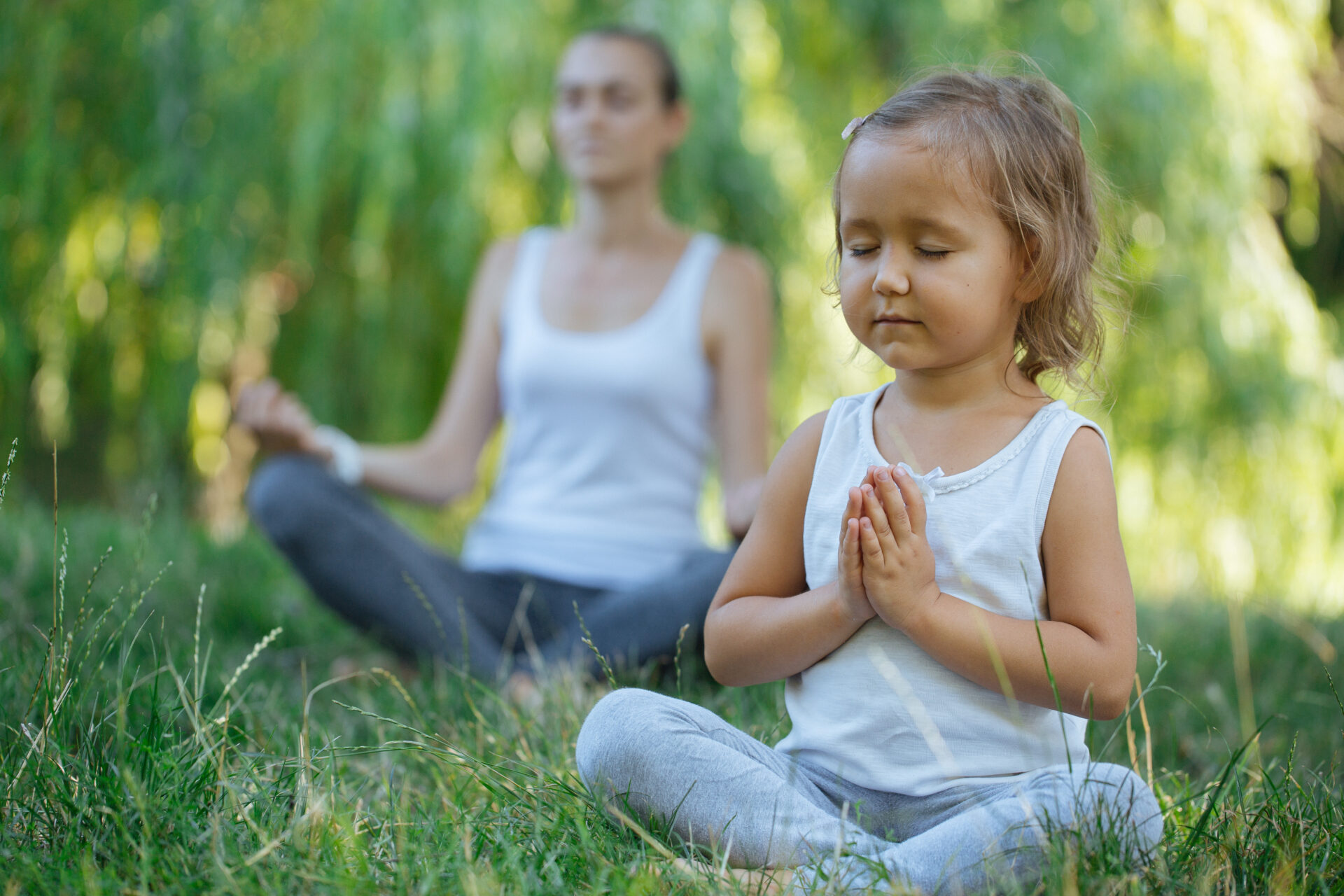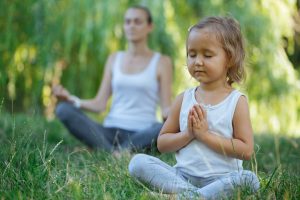7 Benefits of Yoga for Children and Young People
The need for yoga to help children and young people manage stress and regulate themselves
Research suggests yoga can be a potential tool for children to deal with stress and regulate themselves. Yoga and mindfulness provide training of mind and body to cultivate vibrant health and emotional balance.
Children and young people can use yoga to train the body and mind – ever more important skill to develop in today’s society. It helps provide emotional balance for children who must cope with a rapidly changing world fuelled by the development of modern technology. There is constant stimulation through the Internet and other media and communication technologies. They are exposed to so much so frequently and consistently that they are faced with an immense amount of pressure in regards to things like expectations and body image. Also, with digital platforms being a tool for cyber-bullying, it becomes increasingly clear that digital media can have adverse affects on children and young people. (1) Media technologies can prove to be valuable resources, however these constant distractions may be detrimental to mental health. Yoga may help children and young people cope with stress, and can therefore be a useful tool used to positively balance life, mental health, and wellbeing.
This Figure illustrates some potential outcomes of yoga practice for children.
Front Psychiatry. 2014; 5: 35. Published online 2014 Apr 2. Prepublished online 2014 Jan 22. doi: 10.3389/fpsyt.2014.00035
The evidence of yoga practice among children indicates improved benefits in concentration, stress alleviation, self-awareness, consciousness, self-regulation, behavioural and emotional maturity, and self-confidence in everyday life. There are also some proofs where yoga has worked as an adjunct to medical treatment of mental illness with positive effects. Yoga as a stand-alone therapy requires further research, although there are quite affirmative indications. (2)
7 Benefits of Yoga for Children
- Improved Concentration- Yoga poses and breathing exercises help teach children how to wait and be still, which may help to counteract effects from frequent use of technology.
- Respect themselves, Peers and Others- Yoga teaches children kindness and respect to others and our environment. When a little yoga says “Namaste” to another, all of their good sees all of the other’s good. The theme of Karma teaches the golden rule: Do onto others and you would have done to yourself.
- Self-Regulation- Scientific evidence showing the effectiveness of yoga for self-regulation is rapidly emerging. The cognitive structure and tools provided by yogic and mindful approaches provide a framework and active practice for patients to move toward mental health and self regulation. (3)
- Self-Confidence- People of any ability can do yoga with simple modifications. It develops confidence and helps people enjoy the journey rather than the ends goal.
- Feeling of Wellbeing- Yoga makes you feel good from the inside out and it has been found to reduce the stress response and may be useful in alleviating symptoms of mood disorders, including anxiety and depression. (4)
- Emotional Balance- Without realising it, children learn techniques to help their bodies become more relaxed as well as healthier and stronger through yoga, mindfulness and relaxation.
- Physical Fitness- Yoga increases flexibility and balance which can begin to decrease by the age of 7. It also builds strength and posture.
Children and Young people require tools to cope with today’s societal pressures which have been exacerbated by an immense increase in digital technologies. When you teach yoga to children, you are not only giving them lifelong skills and benefits, you are also receiving them for yourself.
Jess


